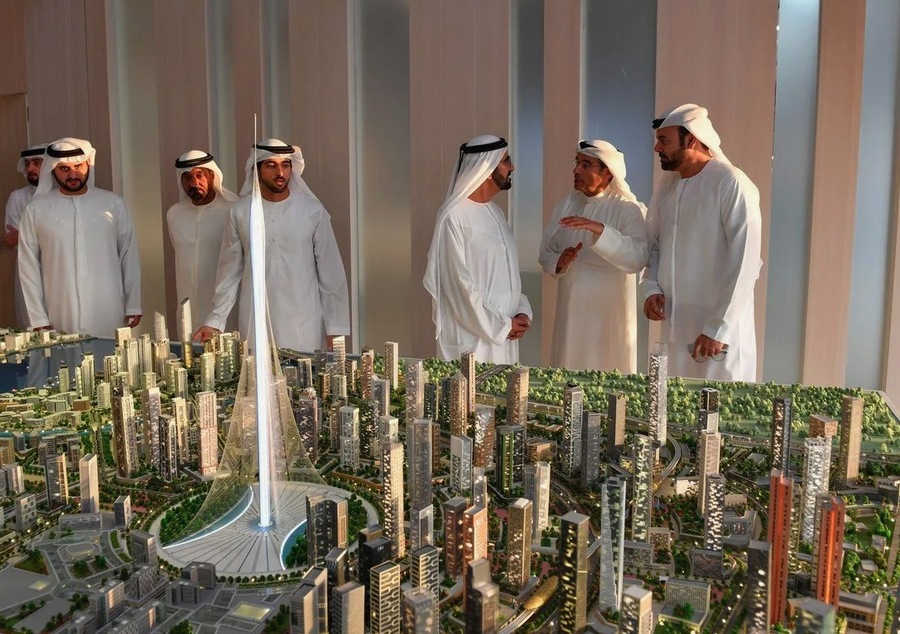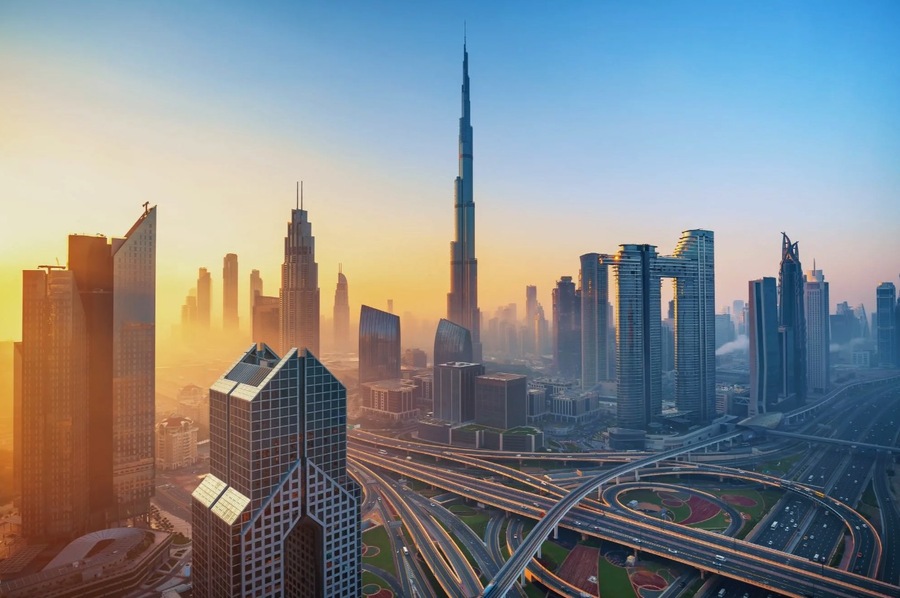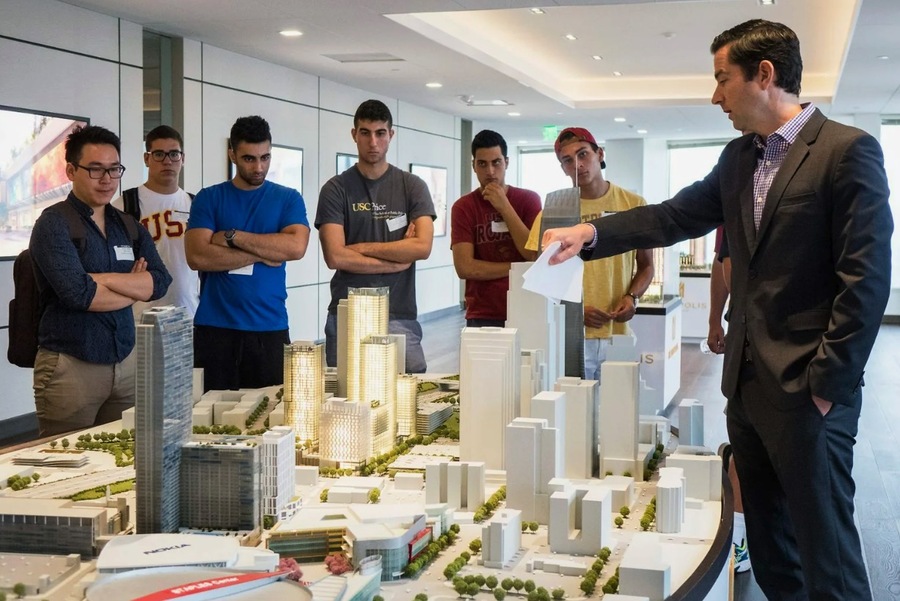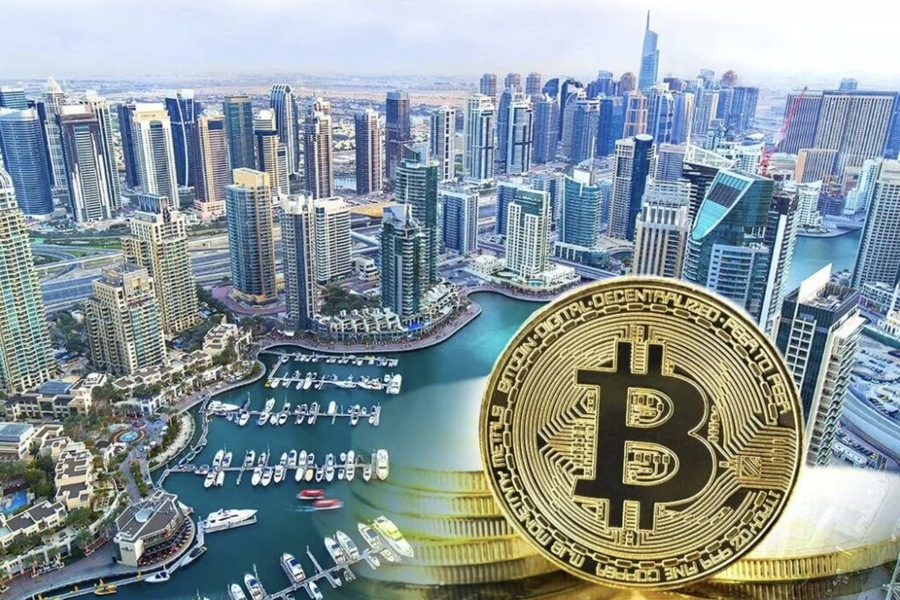Dubai, a bustling metropolis in the heart of the United Arab Emirates (UAE), has undergone significant transformations over the past few decades, largely driven by its dynamic construction industry. Though relatively young, at about 40 years old, this sector has become synonymous with innovation, quality, and efficiency, playing a pivotal role in shaping the city’s skyline and economic landscape. The thriving construction industry also supports those interested in business setup in Dubai, providing the necessary infrastructure and modern facilities crucial for new enterprises.
The Role of Construction Firms in Dubai
Infrastructure Development
Dubai’s rapid growth necessitates ongoing infrastructure development. Construction companies are responsible for building critical facilities such as roads, bridges, airports, and public transportation systems. This infrastructure is essential to accommodate the city’s growing population and sustain its economic activities. For instance, the construction of the Dubai Metro, a state-of-the-art transportation system, has significantly eased commuting within the city, highlighting the crucial role of construction firms in urban development.
Economic Contribution
The construction industry significantly contributes to Dubai’s economy. It provides numerous jobs and generates substantial revenue through various projects and investments. The industry’s activities stimulate economic growth and diversification, benefiting both the city and the entire UAE. According to recent reports, the construction sector accounts for approximately 14% of Dubai’s GDP, underlining its importance in the overall economic framework.
Architectural Innovation
Known for its iconic skyscrapers, architectural marvels, and innovative urban planning, Dubai owes much of its skyline to the creativity and technical expertise of its construction firms. These companies utilize state-of-the-art construction methods to bring ambitious concepts to life, transforming the metropolis into a symbol of modernity and innovation. Notable examples include the Burj Khalifa, the world’s tallest building, and the Palm Jumeirah, an artificial archipelago that has become a symbol of luxury and ingenuity.
Tourism and Real Estate Development
Dubai’s tourism industry heavily relies on its impressive hotels, resorts, and entertainment complexes. Construction companies play a crucial role in erecting and maintaining these attractions, turning Dubai into a global tourist destination. Additionally, they build luxury residential and commercial properties, contributing to the real estate sector’s growth. The construction of the Burj Al Arab, often referred to as the world’s only 7-star hotel, is a testament to the critical role of construction firms in bolstering Dubai’s tourism and real estate sectors.
Global Competitiveness
Competing on the world stage in business, tourism, and infrastructure, Dubai’s reputation is bolstered by the efficiency and quality of its construction projects. High-quality construction attracts foreign investors, tourists, and multinational corporations, further enhancing the city’s global standing. The Dubai International Financial Centre (DIFC), a financial hub, is a prime example of how world-class construction projects can enhance the city’s appeal to international businesses.
Green Development and Initiatives
As sustainability becomes increasingly important, construction companies in Dubai are adopting eco-friendly practices. They construct buildings according to green building standards, implement energy-saving technologies, and contribute to the city’s eco-development goals, making Dubai a more environmentally conscious city. Projects like The Sustainable City, which aims to be a net-zero energy community, showcase the commitment of Dubai’s construction firms to green development.
Safety and Quality
Dubai places great emphasis on safety standards and construction quality. Construction firms are responsible for meeting these standards, ensuring that structures are not only aesthetically appealing but also safe for residents and visitors. The implementation of stringent safety protocols and regular inspections ensures that Dubai’s construction sites are among the safest in the world.

How Construction Companies Operate in Dubai
Project Bidding and Tendering
Construction companies in Dubai typically start by participating in tenders and competitions for new projects. Government agencies, private developers, and clients place bids for these projects through a formal tendering process. This competitive process ensures that only the most capable firms are awarded significant projects, maintaining high standards within the industry.
Planning and Design
Once a construction company secures a project, the next stage involves detailed planning and design. This includes collaborating with architects, engineers, and other professionals to create comprehensive project plans. Advanced design software and Building Information Modeling (BIM) are commonly used to enhance accuracy and efficiency in planning.
Obtaining Permits and Approvals
Before commencing work, construction companies must obtain necessary permits and approvals from local authorities. This process involves submitting detailed plans for review and ensuring compliance with building and environmental codes. The Dubai Municipality plays a key role in this process, ensuring that all construction activities adhere to the city’s regulatory framework.
Resource Allocation
Construction firms allocate the necessary resources, including skilled labor, equipment, materials, and subcontractors. Given Dubai’s multinational nature, professionals from various countries are often employed. This diverse workforce brings a range of expertise and skills to Dubai’s construction projects.
Project Implementation
Upon securing approvals and allocating resources, construction work begins. Project managers oversee daily progress, ensuring adherence to the project plan and timeline. Regular inspections and quality control measures are implemented to maintain standards and ensure safety. The use of advanced construction techniques and technologies, such as prefabrication and 3D printing, helps streamline the construction process.
Safety and Compliance
Safety is a top priority in Dubai’s construction industry. Firms follow strict safety regulations and train employees to prevent accidents and injuries. Safety officers are employed to conduct regular site inspections and ensure compliance with safety protocols, minimizing the risk of workplace accidents.
Quality Control
Maintaining high construction standards requires rigorous quality control. Inspectors and quality control teams monitor progress, materials, and workmanship to ensure compliance with established quality standards. This focus on quality has resulted in the construction of some of the most iconic and enduring structures in the world.
Timeline Management
Dubai is known for its ambitious construction schedules. Construction companies effectively manage timelines to ensure timely project completion, as delays can lead to fines and damage to reputation. The use of project management software and techniques, such as Critical Path Method (CPM) and Agile project management, helps keep projects on track.
Handover and Commissioning
Upon project completion, construction companies ensure a smooth handover to the client. This phase includes commissioning systems, conducting final inspections, and meeting all contractual obligations. Comprehensive testing and commissioning ensure that all building systems operate as intended.
Maintenance and Support
Some construction firms offer post-construction maintenance and support services, including warranty repairs and ongoing building maintenance contracts. This ensures that buildings remain in excellent condition long after the construction phase is completed.
Leading Construction Companies in Dubai
– Al Habtoor Group: Known for its diverse projects, ranging from hotels to residential buildings, Al Habtoor Group is a significant player in Dubai’s construction industry.
– United Engineering Construction Company (UNEC): Specializes in large-scale infrastructure and commercial projects, UNEC has been instrumental in developing Dubai’s urban landscape.
– Dutco Balfour Beatty L.L.C.: A prominent player in civil engineering and construction, Dutco Balfour Beatty has contributed to several key infrastructure projects in Dubai.
– Khansaheb Civil Engineering L.L.C.: Renowned for its commitment to quality and safety, Khansaheb has been involved in numerous high-profile projects.
– Al Sahel Contracting Company (ASCC) LLC: Focuses on residential and commercial projects, Al Sahel Contracting Company is known for its reliability and excellence.
– Binladen Contracting Group: A major player in the Middle East construction industry, Binladen Contracting Group has a strong presence in Dubai.
– Dubai Contracting Company PSC: Known for its innovative building solutions, Dubai Contracting Company has been a pioneer in adopting new construction technologies.
– Al Naboodah Construction Company: Specializes in civil engineering and infrastructure projects, Al Naboodah has played a crucial role in developing Dubai’s transport network.
– Laing O’Rourke: A global construction company with a strong presence in Dubai, Laing O’Rourke is known for its expertise in complex construction projects.
– Majid Al Futtaim Group: Engages in real estate and construction projects across the region, Majid Al Futtaim Group is a key player in Dubai’s real estate sector.
– Arabian Construction Company (ACC): A leader in the construction of high-rise buildings and infrastructure projects, ACC has been involved in some of Dubai’s most iconic structures.
End Note
The construction industry in Dubai is a cornerstone of the city’s rapid development and economic success. With a commitment to innovation, quality, and sustainability, construction companies continue to transform Dubai into a global hub of architectural and economic excellence. Their contributions extend beyond mere buildings; they shape the city’s future, making it a vibrant, modern, and sustainable metropolis.

Fixie owner, shiba-inu lover, record lover, reclaimed wood collector and TDC honorary member. Doing at the fulcrum of modernism and sustainability to craft experiences both online and in real life. Let’s design a world that’s thoughtful, considered and aesthetically pleasing.



